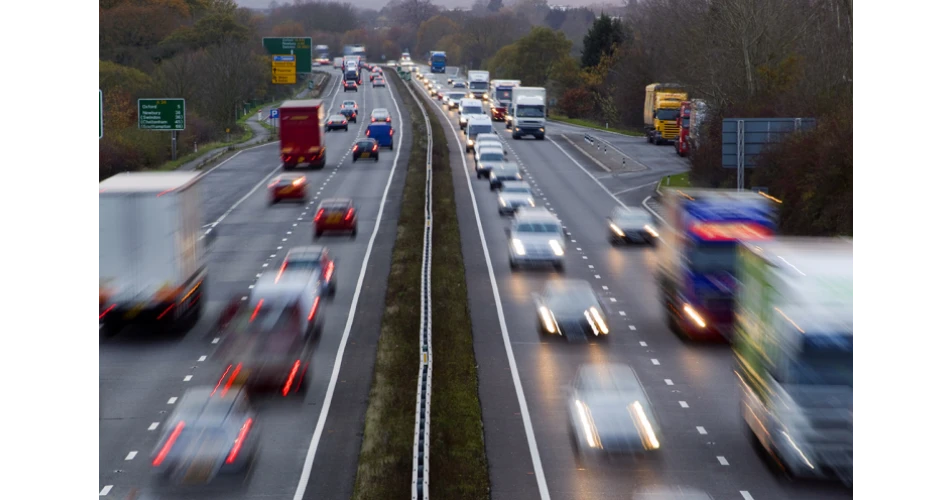Significant changes to vehicle registration tax in the UK came into effect at the start of April which means that the majority of new cars bought will cost significantly more to tax.
The changes were brought in by former chancellor George Osborne and have largely slipped under the radar of most motorists as other political events have diverted their attention. Motor taxation has often been seen as a way of reducing vehicle emissions by encouraging drivers to buy less polluting cars. However, it seems this policy has been a victim of its own success as revenue from Vehicle Excise Duty, worth about £6 billion per in 2015 was gradually dwindling because CO2 emissions were falling. The Centre for Economics and Business Research estimated that revenue from car tax would be down to £4.4 billion by 2025.
Cars registered after April 1 it will pay a one-off tax charge for the first year that varies depending on the CO2 emissions of the vehicle. From the second year onwards all vehicles will pay a flat rate of £140 with the only exemption for electric vehicles with zero emissions costing under £40,000.
Cars costing more than £40,000 will also pay an annual supplement of £310 between years two and six, placing a very significant extra tax burden on luxury car buyers.
The changes mean for example the best selling Ford Fiesta 1.0T EcoBoost, which is currently tax exempt will now cost £680 to tax over 5 years, while a Vauxhall Astra 1.0T (105) ecoFLEX Swill go from a annual tax rate of £20 per year to £140 per year meaning an extra £620 over 5 years.
Highlighting the contradictions in the new system is the case of the zero emission Tesla Model S 60. This was tax exempt, under the old system but because it costs well over £40,000 will be subject to a surcharge £310 per year meaning a 5 year tax bill rising from zero to £1,550.
